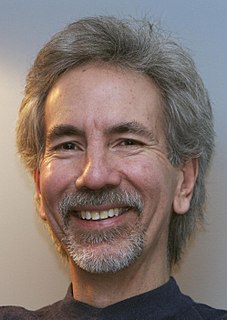A Quote by Henry B. Eyring
Some people conclude that the injustices existing in the world prove there is no God. On the contrary, I conclude that God, being both just and merciful, will and can rectify all inequities in a life after death.
Related Quotes
The next time you lose your momentum in daily life as you're chasing after God's best for you, don't give up and conclude that it's over. The greater life hasn't ended for you. It's only out of sight under the waters of the ordinary. And God can resurface it, supernaturally, as many times as it takes. As many times as you're willing.
What if [Saddam] fails to comply and we fail to act, or we take some ambiguous third route, which gives him yet more opportunities to develop this program of weapons of mass destruction? ... Well, he will conclude that the international community has lost its will. He will then conclude that he can go right on and do more to rebuild an arsenal of devastating destruction. And some day, some way, I guarantee you he'll use the arsenal.
I have to conclude, oh, the best people are all somebody other than my own race. So that's difficult. How do we interpret the Bible? Should we stress things like justice and that God is somebody who cares about equality of all people? Or is he a God of love and a God who's there to give me an afterlife?
When examining evidence relevant to a given belief, people are inclined to see what they expect to see, and conclude what they expect to conclude. Information that is consistent with our pre-existing beliefs is often accepted at face value, whereas evidence that contradicts them is critically scrutinized and discounted. Our beliefs may thus be less responsive than they should to the implications of new information
People who believe in God conclude there must have been a divine knob twiddler who twiddled the knobs of these half-dozen constants to get them exactly right. The problem is that this says, because something is vastly improbable, we need a God to explain it. But that God himself would be even more improbable.
We make a big mistake when we conclude that the law is the answer to bad behavior. In fact, the law alone stirs up more of such behavior. People get worse, not better, when you lay down the law. To be sure, the Spirit does use both God's law and God's gospel in our sanctification. But the law and the gospel do very different things.
My most recent faith struggle is not one of intellect. I don’t really do that anymore. Sooner or later you just figure out there are some guys who don’t believe in God and they can prove He doesn't exist, and there are some other guys who do believe in God and they can prove He does exist, and the argument stopped being about God a long time ago and now it’s about who is smarter, and honestly I don’t care.








































